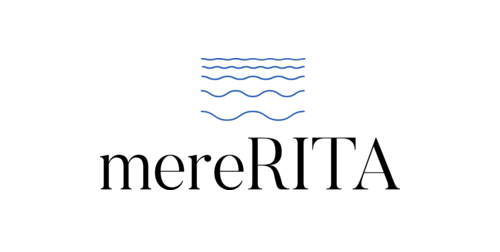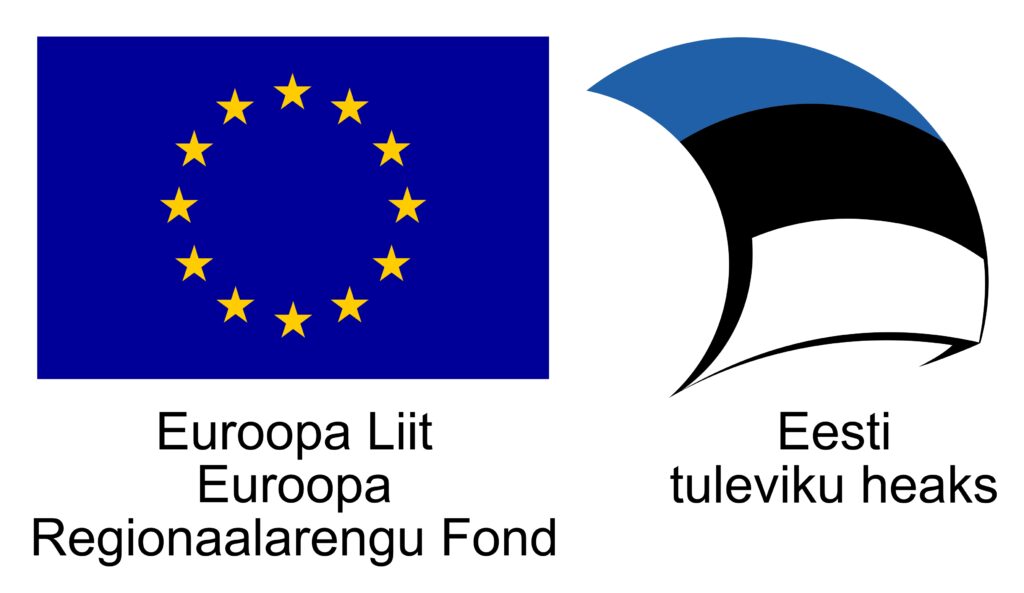
Eesti mereala keskkonna ja loodusväärtuste hindamise ja seire innovaatilised lahendused
FINAL CONFERENCE
International conference: Monitoring of the environmental status and fish stocks of the Baltic Sea – new challenges and innovative approaches.
Place: Tallinn University conference centre
Time: 16.-17. march 2022
Format: Hybrid (participate in either virtual or in person mode)
Language: English
Organizers: University of Tartu, Estonian University of Life Sciences, Tallinn University of Technology,
We are inviting participants to the conference dealing with different topics of assessment of the marine environment, assessment of the fish stocks and newly emerging problems and challenges in the coastal environment of the Baltic Sea. With this conference, organisers will celebrate the finalisation of the three-year project “Innovative approaches to monitoring and assessing marine environment and nature values in Estonian sea area” funded by Estonian Science Agency.
Programme: conference programme will consist of two sessions of approximately 8 oral presentations. The programme is composed of presentations from within the project consortium and invited and contributed presentations from outside the project consortium. A poster session will be organised in parallel with plenary sessions and will be also available online. Whole conference programme will be available online after the conference through the project website.
Registration: Free of charge. http://www.tlu.ee/mererita
Deadline for registration: 09.03.2021
Additional information: mererita@ut.ee, +3725088517
Topics covered by presentations
- New emerging challenges of the health of marine environment (new substances, new pathogens)
- Novel approaches of monitoring and assessment of the coastal waters of the Baltic Sea
- Application eDNA methods in environmental monitoring of coastal sea
- DNA based approaches of assessing the coastal fish stocks
- Application of citizen science in assessing the coastal environment
- Remote sensing as a tool for monitoring and assessment of the status of pelagic and benthic environment
- Detecting and assessing the effect of alien species in a coastal environment
- Bacterial communities in ballast tanks of cargo vessels
- Long term trends in phytoplankton alpha and beta diversity in coastal areas
Conference programme
March 16
Moderator Georg Martin
9.30-10.00 Registration and coffee
10.00-10.15 Welcome, Antti Tooming; Ministry of the Environment and Liina Eek; Estonian Research Council
10.15-10.45 „The story of Naturemetrics and e-Bioatlas“
Kat Bruce – Naturemetrics, UK
10.45-11.10 „Environmental DNA for detection of invasive species“
Kristel Panksep, Estonian University of Life Science
11.10-11.35 „Plankton biodiversity and species co-occurrence monitoring using environmental DNA – a multiple marker study”
Sirje Sildever, Tallinn University of Technology
11.35-12.00 „Phytoplankton alpha and beta diversity trends reflect eutrophication history and community homogenisation in the Helsinki Archipelago, the Baltic Sea”
Kalle Olli, Estonian University of Life Science
12.00-13.00 Lunch
13.00-13.25 „Bacterial communities in ballast tanks of cargo vessels – shaped by salinity, treatment and the point of origin of the water but “hatch” its own typical microbiome”
Peeter Laas, University of Tartu
13.25-13.50 „Contrasting saline effects on bacterial communities in host protected, pelagic and benthic environments”
Daniel Philipp Ralf Herlemann, Estonian University of Life Science
13.50-14.15 “Microbiome-based biomonitoring using machine learning: A large-scale trial in European lakes and the application to the Baltic Sea”
Theodor Sperlea, Leibniz Institute for Baltic Sea Research Warnemünde
14.15- 14.40 “The curious case of Flounder and Dab: Is one species cancer resistant?”
Ciara Baines, University of Tartu
14.40-15.10 KOHVIPAUS
15.10-15.35 „Overview of the results from the „fishy“ activities in the MereRITA project”,
Mehis Rohtla, University of Tartu
15.35-16.00 „Assessing the coastal fish populations – what DNA can do for you?”,
Anti Vasemägi, Estonian University of Life Science
16.00-16.25 „Effects of the invasive Amur sleeper (Perccottus glenii) in Estonian freshwater ecosystems”,
Fabio Ercoli, Estonian University of Life Science
16.25-16.55 „Role of citizen science to collect valuable information about marine environment”
Jonne Kotta, University of Tartu
19.00 Official dinner
March 17
Moderator Kristel Panksep
9.30-10.00 Coffee
10.00-10.30 „Baltic Earth Assessment Report on the biogeochemistry of the Baltic Sea“.
Karol Kulinski, Institute of Oceanology of the Polish Academy of Sciences
10.30-10.55 „Seabed geological inventories: seismoacoustic mapping and geochemical sediment survey“
Atko Heinsalu, Tallinn University of Technology
10.55-11.20 „Mapping seabed habitats and water column properties with optical remote sensing”
Ele Vahtmäe, Tartu Ülikool
11.20-11.45 „Coastal boundary processes investigated byautonomous observations and numerical simulation“
Taavi Liblik, Tallinn University of Technology
11.45-12.10 „How reliable is your pH data“
Silvie Lainela, Tallinn University of Technology
12.10-13.10 Lunch
13.10-13.35 „Biological effect indicators as new ways to assess the environmental status of Estonian coastal waters“
Natalja Kolesova, Tallinn University of Technology
13.35-14.00 „Developing a Blue economy needs new approaches to EIA“
Georg Martin, University of Tartu
14.00-14.30 Discussion and closing







